
Chinese Mainland Vows to Protect Interests Against US Tariffs
The Chinese mainland vows to defend its rights against US unilateral tariffs, emphasizing commitment to resolve disputes through dialogue and uphold global trade stability.
News & Insights Across Asia

The Chinese mainland vows to defend its rights against US unilateral tariffs, emphasizing commitment to resolve disputes through dialogue and uphold global trade stability.
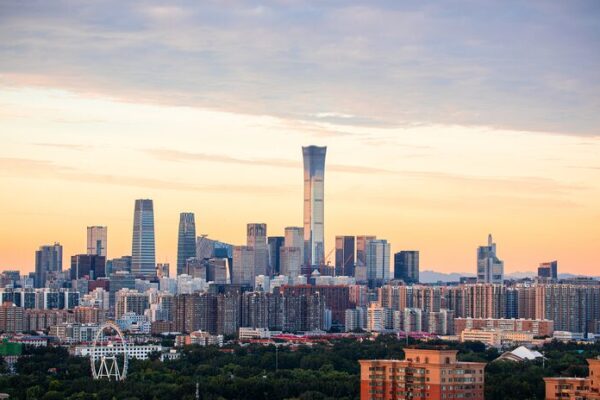
Reciprocal free trade offers a win-win path to an open world economy amidst rising global protectionism. Embracing free trade can reduce costs, maximize welfare, and drive global economic growth.
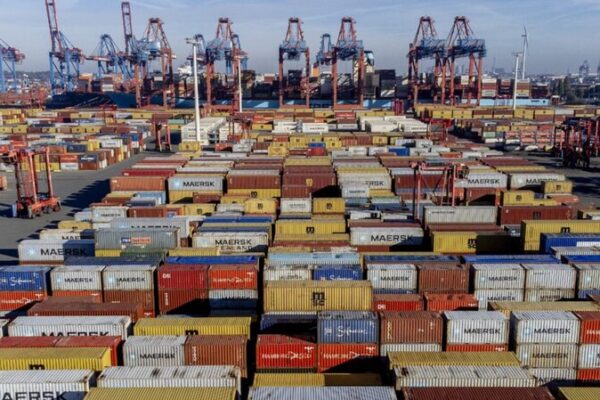
Global industrial and supply chains face challenges from pandemics and geopolitical tensions. Urgent international cooperation is needed to enhance resilience, promote development, and ensure economic growth.
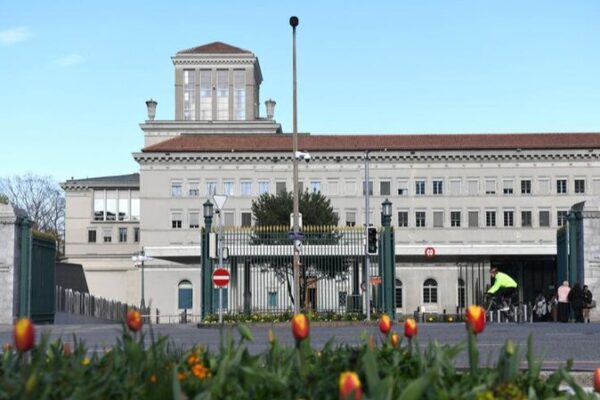
Marking 23 years since China’s accession to the WTO, we explore how China reshaped global trade, becoming the world’s largest trading nation while maintaining sovereignty and fostering economic growth.
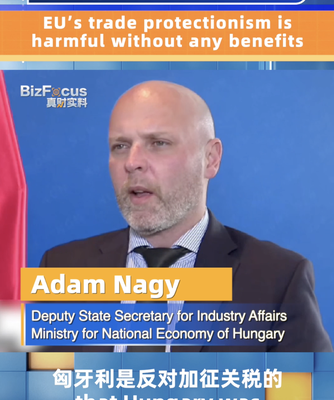
Adam Nagy, Hungary’s deputy state secretary for industry affairs, criticizes the EU’s additional tariffs as harmful and without benefits for consumers or the market, calling them “misleading protectionism.”
The European Commission’s decision to impose additional tariffs on electric vehicles built in China has been criticized by China’s Ministry of Commerce as unjustifiable and a threat to global free trade.
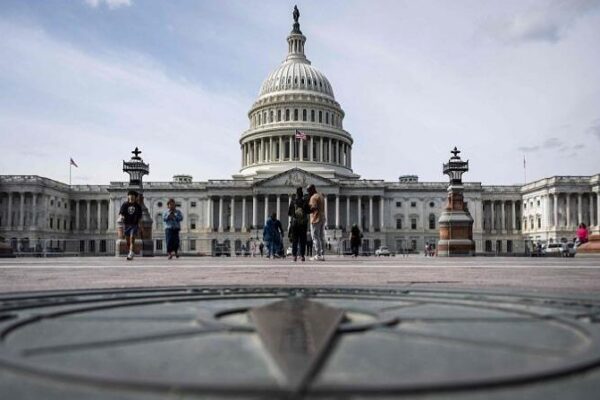
U.S. lawmakers are introducing anti-China bills targeting sectors like biotech and drones. While aimed at protecting national security, these measures may harm U.S. interests and strain China-U.S. relations.
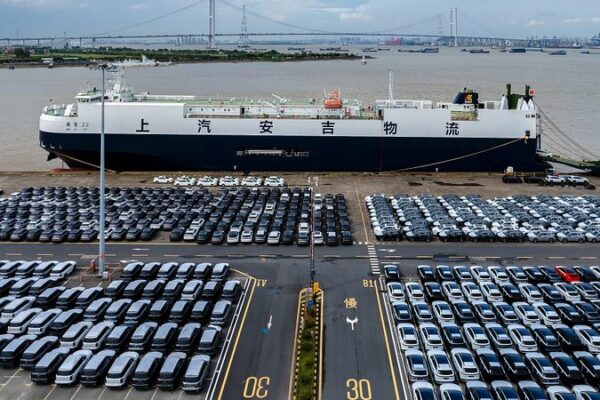
A CGTN global survey reveals that 87.5% of respondents criticize the EU’s trade protectionism against Chinese EVs, urging for cooperation over conflict to address global challenges.
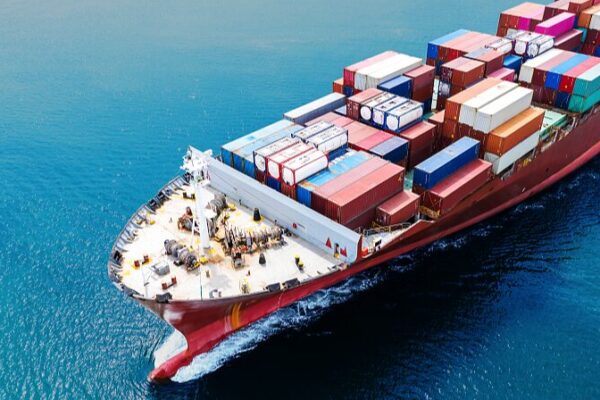
The U.S. government’s move in May 2024 to raise tariffs on Chinese electric vehicles from 25% to 100% marks a significant escalation in trade protectionism, potentially impacting global economic growth and international relations.
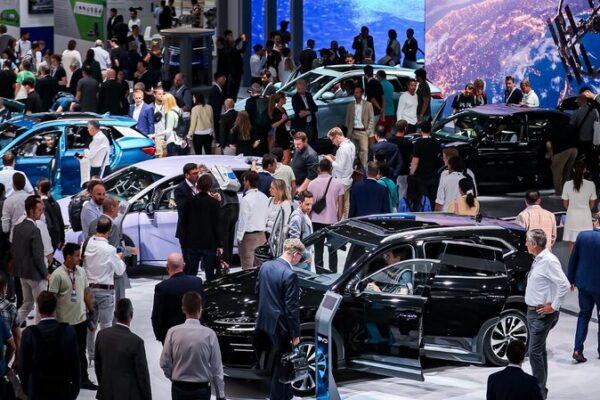
China’s Minister of Commerce Wang Wentao criticizes Europe’s anti-subsidy investigation into Chinese electric vehicles as ‘typical trade protectionism’ during a meeting with Spain’s Carlos Cuerpo.

The China Association of Automobile Manufacturers (CAAM) has condemned the United States’ concerns over China’s NEV industry, calling such worries a case of trade protectionism.